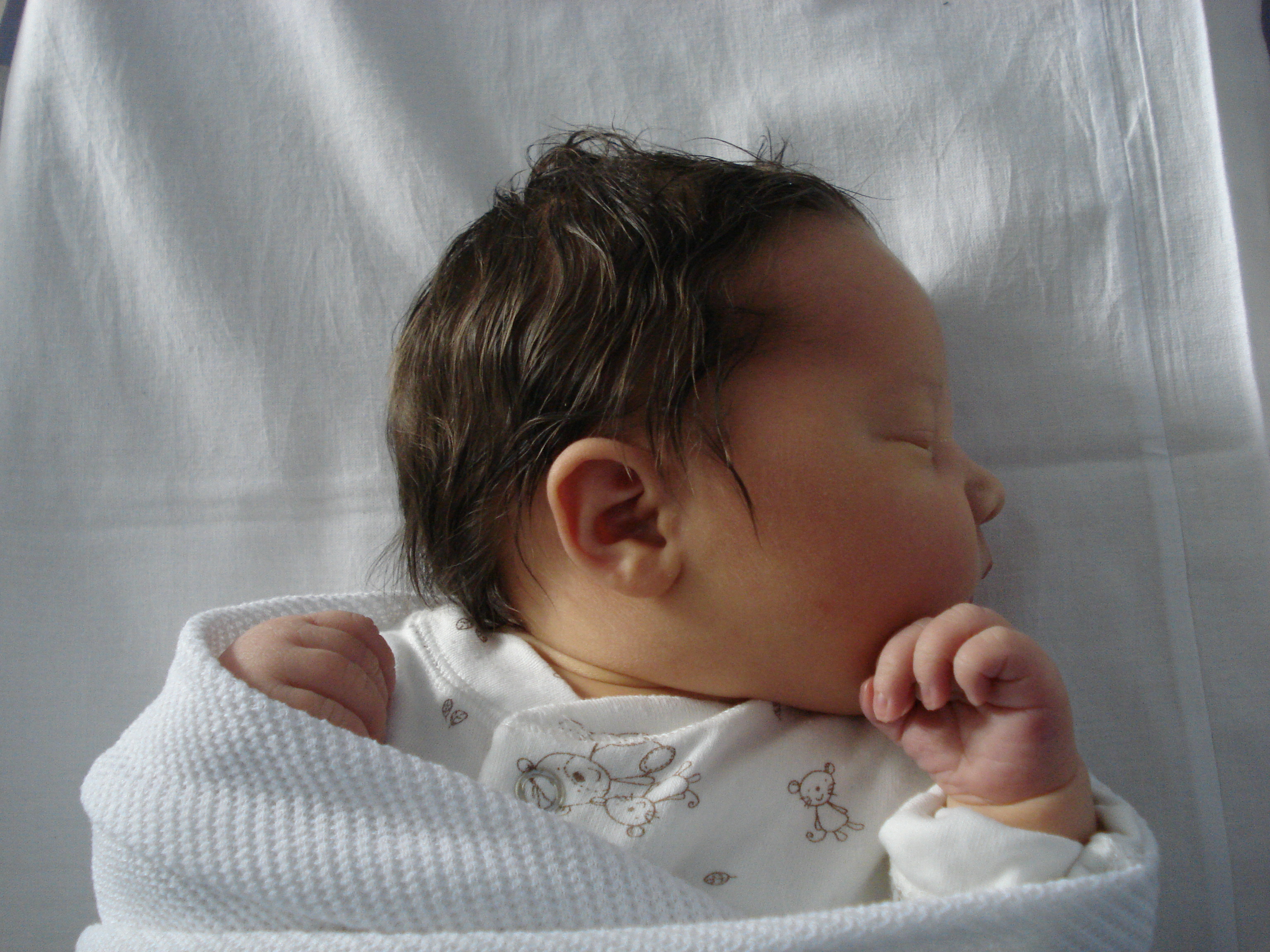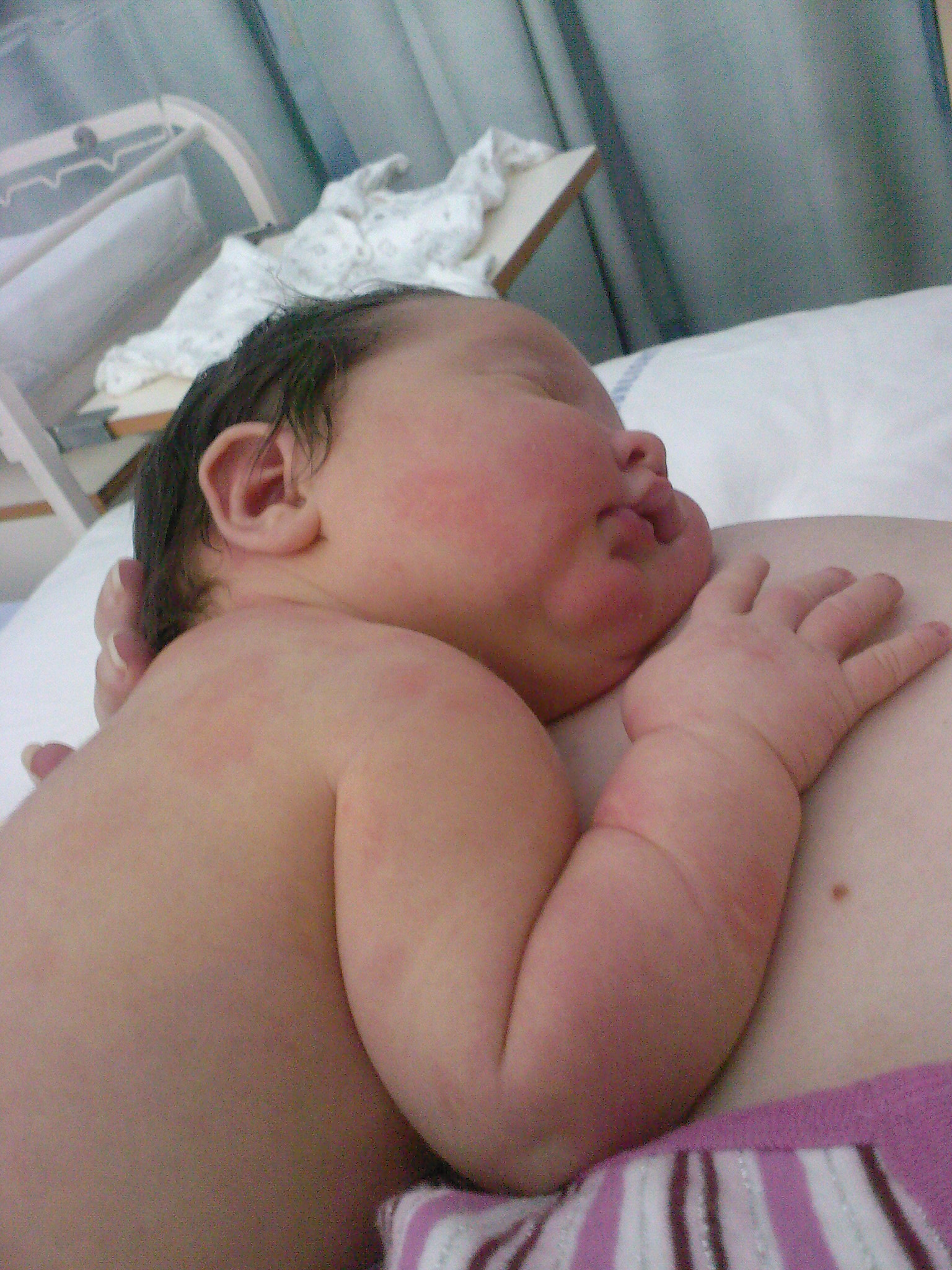Good patient care throughout pregnancy, birth and post-natal is essential; it affects our body’s ability to heal from pregnancy and birth. Experiencing poor medical care or negligence during this time can not only lead to injury but also contribute to developing mental health issues such as postnatal depression or anxiety, which could potentially affect future decisions. It could also make it more difficult to care for our child (and any older siblings too), delay recovery or impact on enjoyment of life.
Yet did you know that, despite extensive guidelines in the UK about how pregnancy care and birth should be handled by professionals, 25% of women felt that they were not always involved in decisions about their care? (CQC Maternity survey). Furthermore, there is limited government guidance on post-natal care for mothers, and Mumsnet aftercare, not afterthought survey reveals worrying experiences in some cases. For example, 45% could not access required pain relief, 61% lacked food when needed and 21% had no access to water, plus 19% did not have access to washing facilities.
On this note www.yourlegalfriend.com wants to help raise awareness of what to expect from healthcare professionals, and what to question, in order to empower new parents to know their rights as a patient during pregnancy. They have done some research into women’s experiences of pregnancy and birth on the NHS, and have pulled together some interesting statistics on how some women were treated during their pregnancy and labour. You can find further details on their blog.
My own maternity care had its ups and downs. I had a fairly smooth pregnancy but there was a small bump in the road when, during my 20 week scan, I was told that my baby had a severe cleft lip. We were referred to a consultant but it turned out to be a false alarm. I understand mistakes happen but I did feel that it was not dealt with very well, and it left me feeling quite nervous for the rest of my pregnancy.
The birth itself was somewhat traumatic; my plan was to have a natural water birth in a midwife-led unit, but I wound up having an emergency c-section instead. I’ll try to keep a long story (fairly!) short but basically my waters broke at home, before I had even noticed any real contractions, and there was very clearly meconium. So I headed straight to hospital and was sent up to the labour ward to (reluctantly) be hooked up to monitors. I was not allowed to eat during this time as they were already preparing for the likelihood of me going into theatre sooner or later, which made me feel impatient, stressed and miserable to be honest because I was really hungry!
However, the midwives and consultant respected my preference to give birth naturally if possible, but I was induced to speed things along. My contractions then started coming fast and strong very suddenly and at this point it became more obvious that my baby was in distress. They waited as long as possible but I failed to dilate at all (I was not even at 1cm!) so it was agreed I would most likely be needing to head to theatre sooner rather than later. I was being closely monitored and waiting for an available anaesthetist, but then a crash c-section happened so they were rushed in ahead of me. By the time the team were available again, I was fast heading towards a crash situation too.
It all happened so quickly I honestly cannot remember how much ‘choice’ I was given at this time, but I did feel like I was kept informed and I fully understood that it was just a difficult situation that had limited options. I was wheeled to theatre so hurriedly though that they almost forgot that they hadn’t given me an epidural! It wasn’t an issue as such, it just meant that I had to have a spinal block instead, but I did panic for a moment at their ‘oversight’!
One negative thing that did stand out for me happened straight afterwards, once I had been stitched up and was ready to leave theatre. The spinal block had meant that I lost the use of feeling in my arms and upper body too; this is apparently not usual. However, when I tried to tell the midwives this they dismissed me. I then got worried that they placed my baby in my arms to head to the recovery suite but I really couldn’t feel her, let alone safely hold her, so I asked them not to. But the midwives gave each other a ‘look’ as if they didn’t believe me, which understandably made me feel stressed about the total physical numbness, as well as helpless and guilty about something that in reality was entirely beyond my control and not my fault.
However, there were some positives too; it was obvious that they were trying to salvage any scrap of my birth plan that they could, which really helped me to cope better and it made it feel all abit less out of my control. For example, they played my CD in theatre. Little things like that made all of the difference; it helped me to feel respected and valued. The simple fact is that things don’t always go to plan; it is what it is.
My hospital postpartum care was a mixed bag of contradicting advice and unsympathetic midwives with some who were absolute gems. I regained feeling after several hours but my mobility was still limited from the op and also from a drip in my elbow. (It got pulled from my hand several times until there were no other veins left!) However, I had drink and food available, plus washing facilities and pain relief so that ticked most of the boxes. My daughter was also extremely fractious throughout our 48 hour postpartum stay and had to have blood tests, which made things more challenging than they might have otherwise been. But to be honest I think she just needed a more comfortable environment – she just wanted to get home as much as I did! We both just couldn’t wait to be discharged!
When it comes to pregnancy care there are a few points to remember:
- Pregnant women have the same rights as everyone else when it comes to making decisions about their body.
- Genuine and informed consent must be given for medical treatments (unless you are unconscious or otherwise unable to). You should be told the risks, and should not be bullied or pressurised into decisions.
- Make sure your care providers understand your birth plan and that anyone with you also understands it and knows your rights.
A final point I would add is that I asked for a de-brief with my midwife and a copy of my maternity notes, but this did not happen. I think that is a massive shame as it would have really helped me to process everything better. I really recommend that mums request this if they think it would be helpful and please definitely do pursue it if you get fobbed off at first or forgotten. I wish I had!
How was your pregnancy care? Share your story in comments!
*Disclosure: This post was written in collaboration with Your Legal Friend.
As for the newborn days? Read this post by Paternal Damnation for a snippet of life with a baby!



Great post! Brilliantly written and great use of pictures! It’s clear and informative. Keep up the good work. 🙂
I really liked reading your story! I haven’t been through this process but my mum had triplets and she had her own highs and lows stories to tell!
Oh wow, triplets! I imagine she has quite a story to tell!!!
Thank you!
the midwifes at the hospital were complete angels, however the midwifes during pregnancy, i never saw the same one twice and i saw less of them because being in third pregnancy it was like i had ‘been there and done that’ great informative post x
Thank you xx
I was very relaxed about both my pregnancies and there wasn’t anything I either wanted or didn’t want, just whatever was best for me and the baby at the time, and for me that was the right approach.
Sounds very sensible! X
This sounds like quite a dramatic birth story! I was terrified I might have to have a c-section with my youngest, but ultimately you have to do what’s the safest for you and the baby. It’s a shame you didn’t get to go through the birth afterwards with a midwife. I did to an extent as I wasn’t happy at all with how my labour had gone, but I still found I was wanting answers afterwards and I have a lot of regrets x
It was all abit dramatic! It is difficult when labour doesn’t go smoothly isn’t it x
I think the midwives vary a huge amount in their knowledge and personal skills. It’s really hard for them though because some women are over the top about stuff and others underplay how they are feeling.
Yes, that is very true!
Birth plans are only hopes so I never made too much effort or worried about them too much. I trusted in the staff to have my best interests and those of my baby as their priority.
I’ve had wonderful nurse over at the maternity clinic, she’s supportive and all and she continued after labour with us as well, until D is seven.
At the hospital I had one bitchy midwife but otherwise I feel like I’ve been in good hands 🙂 thanks to finnish health care system!
Sounds like a good system!
My postnatal care was not a great experience, if I am honest. It was an experience where I felt so alone. But each women and each birth is different so it can be so hard to predict the outcome.
Sorry to hear that xxx